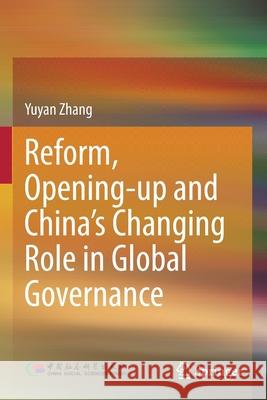Reform, Opening-Up and China's Changing Role in Global Governance » książka
topmenu
Reform, Opening-Up and China's Changing Role in Global Governance
ISBN-13: 9789813360273 / Angielski / Miękka / 2022 / 266 str.
Reform, Opening-Up and China's Changing Role in Global Governance
ISBN-13: 9789813360273 / Angielski / Miękka / 2022 / 266 str.
cena 483,04
(netto: 460,04 VAT: 5%)
Najniższa cena z 30 dni: 462,63
(netto: 460,04 VAT: 5%)
Najniższa cena z 30 dni: 462,63
Termin realizacji zamówienia:
ok. 16-18 dni roboczych.
ok. 16-18 dni roboczych.
Darmowa dostawa!
Kategorie:
Kategorie BISAC:
Wydawca:
Springer
Język:
Angielski
ISBN-13:
9789813360273
Rok wydania:
2022
Ilość stron:
266
Waga:
0.37 kg
Wymiary:
23.39 x 15.6 x 1.42
Oprawa:
Miękka
Wolumenów:
01
Dodatkowe informacje:
Wydanie ilustrowane











